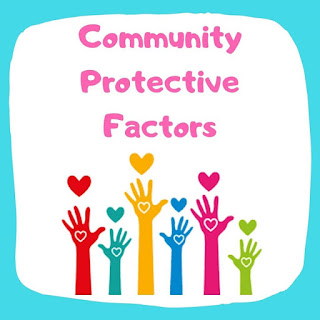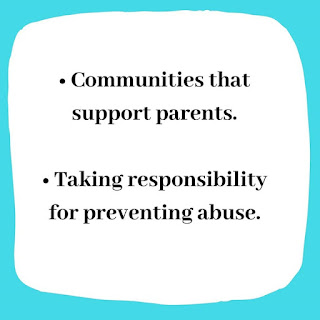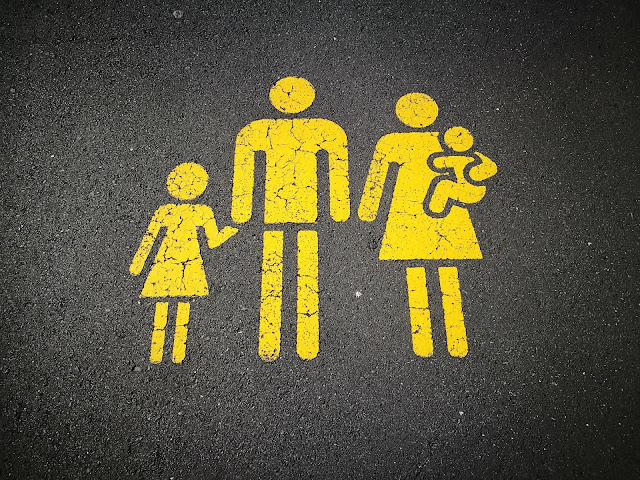Children care and protection
Parents and caregivers make a significant difference in the lives of their children. By raising them in a loving, positive home, they can put them on the path to a happy, healthy life. Adults also have a crucial role in protecting kids from unhealthy experiences.
.
Studies show that Adverse Childhood Experiences (ACEs), such as verbal abuse or substance abuse by parents, can stop a child’s healthy development. ACEs can lead to “toxic stress”—or highly stressful situations —for kids. Too much toxic stress for a child can lead to health problems from childhood and teen years into adulthood.
.
The early years of a child’s development are critical. Children need safe and encouraging relationships and homes to succeed and grow.
.
.
Studies show that Adverse Childhood Experiences (ACEs), such as verbal abuse or substance abuse by parents, can stop a child’s healthy development. ACEs can lead to “toxic stress”—or highly stressful situations —for kids. Too much toxic stress for a child can lead to health problems from childhood and teen years into adulthood.
.
The early years of a child’s development are critical. Children need safe and encouraging relationships and homes to succeed and grow.
.
What Are Protective Factors?
Studies show that an important way to prevent ACEs and toxic stress is to build “protective factors” in children. Protective factors are like a shield to protect kids from ACEs and build resilience. They are things like:
Loving, supportive parents
Parents who read and talk to their kids
Healthy relationships with parents, family members and friends
Learning good communication skills
.
If there are no protective factors for a child, toxic stress can affect brain development.
.
The most important protective factor is a caring, loving relationship with parents or caregivers.
.
One of the goals for parents is to load their “child’s scale” with positive factors. That will help them build resilience to deal with negative things that can occur.
.
If there are no protective factors for a child, toxic stress can affect brain development.
.
The most important protective factor is a caring, loving relationship with parents or caregivers.
.
One of the goals for parents is to load their “child’s scale” with positive factors. That will help them build resilience to deal with negative things that can occur.
 |
| protective factor |
 |
| protective factor |
 |
| protective factor |
 |
| protective factor |
 |
| protective factor |
 |
| protective factor |


Comments
Post a Comment